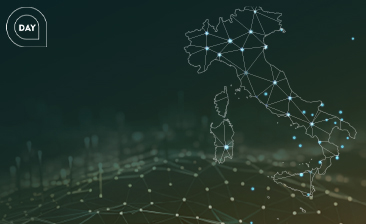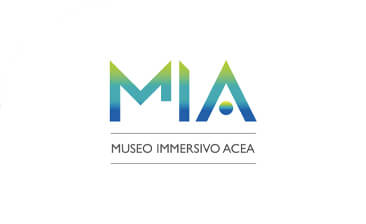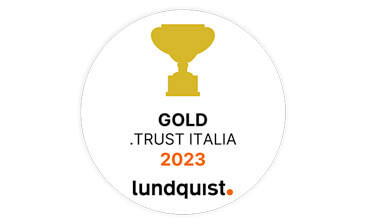
Acea for World Energy Saving Day
The material topics, namely the most significant issues identified via a context analysis and shared discussion with internal and external stakeholders, form the basis for our strategic sustainability planning and performance reporting.
Via the materiality analysis process, we identify the most important economic and governance, social and environmental or "material" topics for the Group and our stakeholders, considering their impact on the business and on the parties concerned.
The analysis is divided into different phases:
The output of the process is the materiality matrix, a two-dimensional graph, where the issues are placed in order of their importance.
The cycle of analyses that we conducted in 2022, valid also as regards 2023, with a view to identifying the main topics of interest and defining their prioritisation according to their associated impacts, using a more inclusive and participatory methodology, provided for:
Downstream of the focus groups, the results were analysed and the outputs elaborated, making it possible to build the materiality matrix and list the material issues and associated impacts, as perceived by the stakeholders.
The 2023 materiality matrix presents the distribution of the topics according to a dual perspective of multi-stakeholder and managerial relevance.
Discover the latest news and initiatives of the Acea Group

Acea for World Energy Saving Day

Visit the virtual museum about the history of the Acea Group

The channel for the commercial requests on land urbanisation

Acea turns the spotlight on the Rome Film Festival 2023

Acea is in the "Gold class" in the .trust research

Read more about our culture of inclusiveness